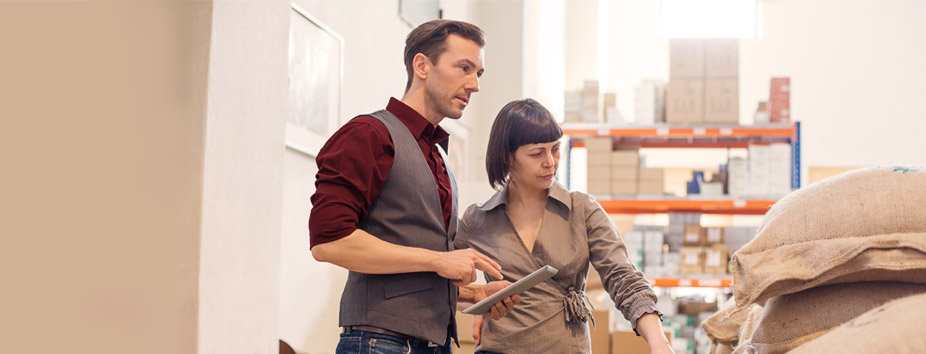Build the value of your business by maximising goodwill

4-minute read

4-minute read
Basing the value of your business on tangible assets such as property and stock is relatively simple. However, you should also factor in a major asset that is far less tangible – and that’s the value of goodwill.
Put simply, goodwill is the positive feelings that people have about your business. It could be an important part of what makes customers choose you instead of your competitors – and might be what keeps them coming back.
You may be more expensive, or have a longer waiting list, or be a little further away, but goodwill makes all the difference.
Goodwill is reputational and intangible, yet it can add great value to your business. A future purchaser will be assessing the worth of your business based on tangible assets such as premises and stock, but goodwill – which includes the strength of your customer base – must be added in to the calculations too.
And right now while you’re still running the show, goodwill can be a major contributor to word of mouth recommendations. It is also the thing that prompts customers to go to the trouble of praising you on social media.
Improvements in all these areas can add extra value to your business because they have the potential to contribute to an increase in profits:
These added-value elements might encourage a potential purchaser to pay a premium for your business, over and above the value of its tangible assets.
Benny’s Buns is a small (fictional) local bakery operating from its own premises, which are valued at $200,000. It owns equipment and other fixtures worth $40,000 and the value of its stock is $5,000.
Therefore, based on its tangible assets, Benny’s Buns is worth is $245,000.
However, Benny’s has been operating for many years and is well known to locals who sing the praises of owner Ben's delicious buns. So, when Ben put the bakery on the market, the selling price wasn't $245,000 but $375,000.
Why would someone be prepared to pay $130,000 more for a business than the value of its assets? Because people are prepared to pay a premium for potential future profits.
The first thing you can do is run through the following list and ask yourself ‘how can I improve in any or all of these areas?’.
Then consider another key element of goodwill that is often overlooked, namely consistency. Ask yourself ‘what do my customers expect, all the time?’. With Benny’s Buns for example, the expectation might always be ‘deliciously fresh breads and cakes, always served with a friendly smile’.
The secret to consistency is the robustness of your systems and procedures and having them written down and available to all staff. Comprehensive systems and manuals help to ensure that your team members – who a purchaser may well inherit along with the business – know how to do their job and what is expected of them.
These manuals can also be used when training new staff so that they know what to do to provide a consistently high level of performance. If your customers receive the same consistently great experience every time they visit or do business with you, they are far more likely to recommend you to their network.
These are just some thought starters on how to maximise goodwill. Think about the basics of what gets a customer in the door, and what is it about your business that keeps them coming back to buy from you. Then start to maximise those goodwill factors so that when the time comes to sell, you can both demonstrate them and profit from them.
The information in this article is general in nature and does not take your objectives, financial situation or needs into account. Consider its appropriateness to these factors; and we recommend you seek independent professional legal and/or financial advice about your specific circumstances before making any decisions.